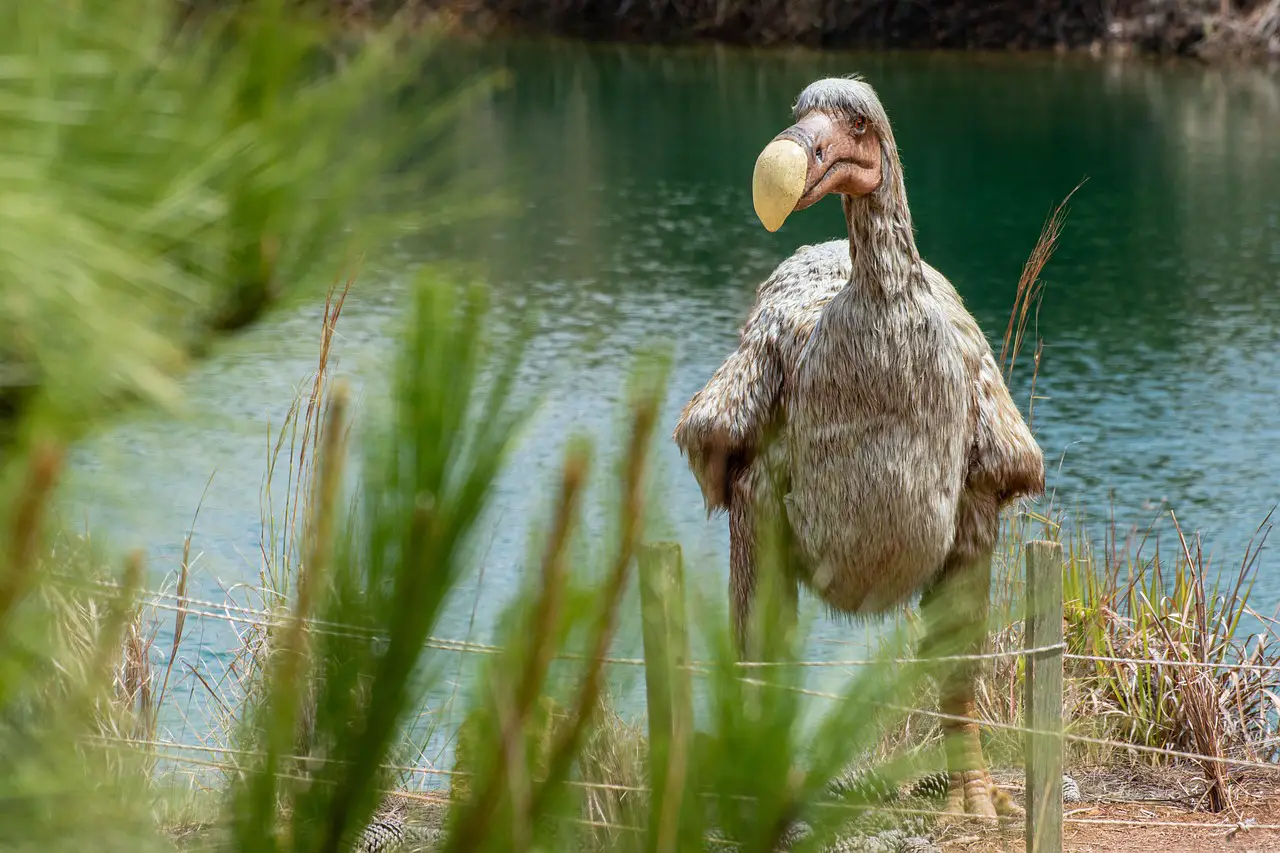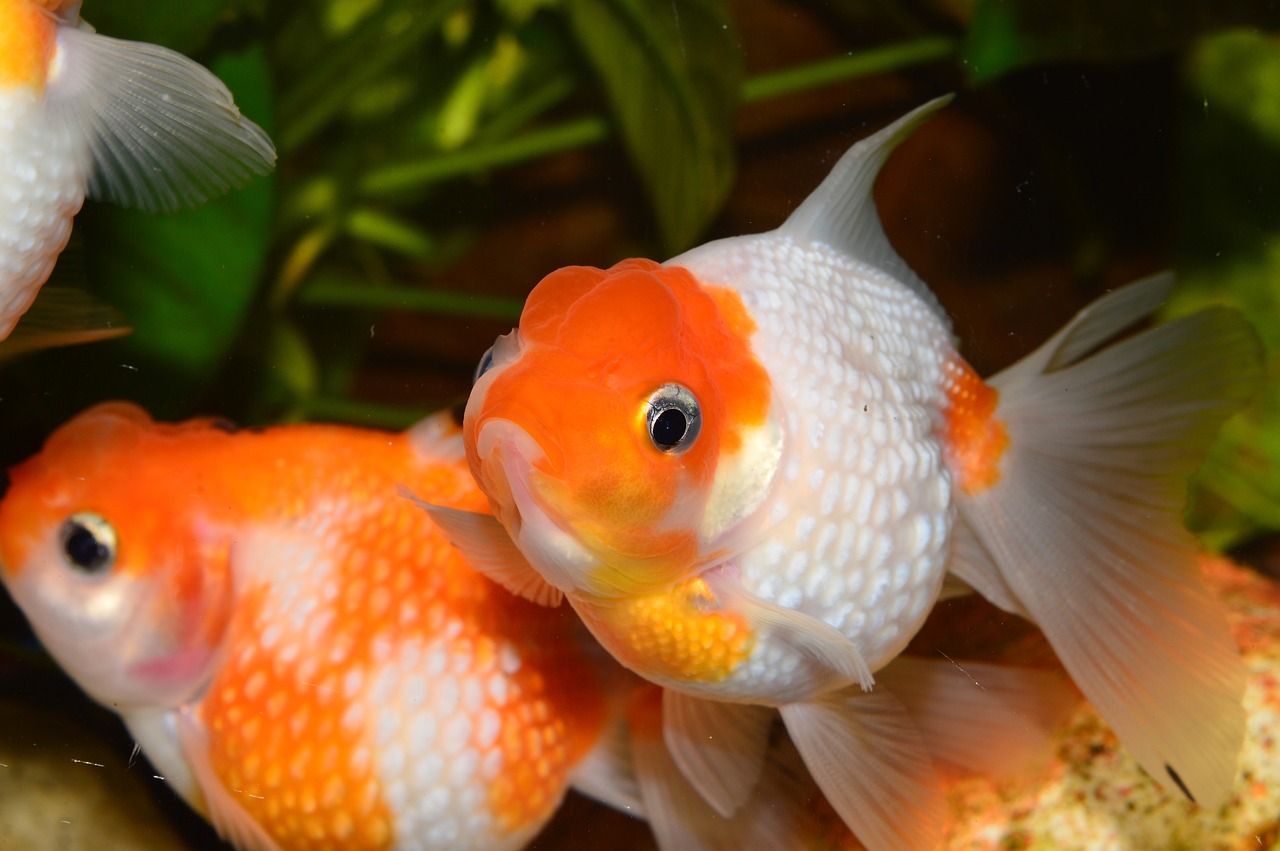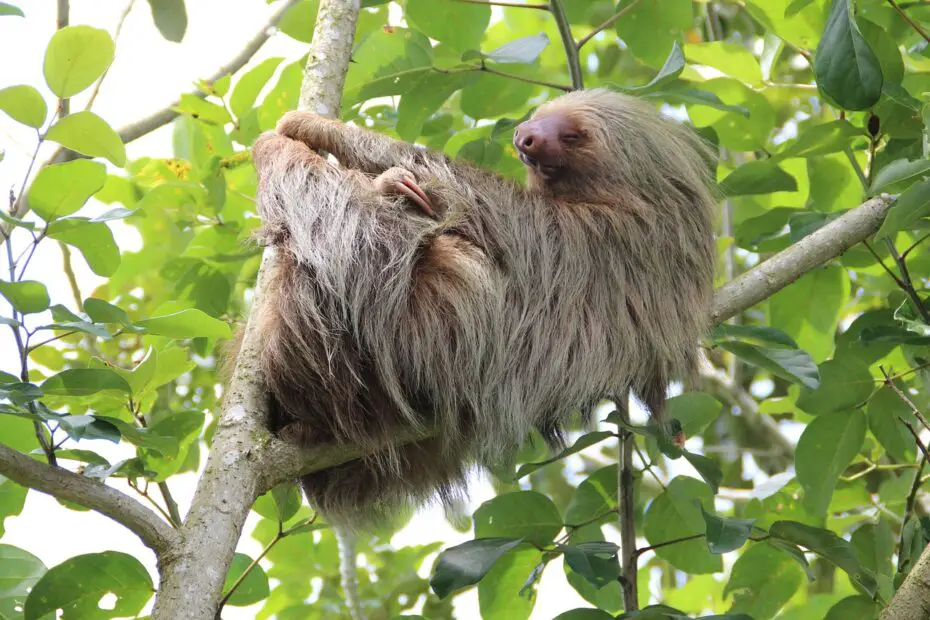Animals have always fascinated us with their remarkable adaptations, extraordinary behaviors, and surprising intelligence. However, not all animals are known for their cleverness or complex problem-solving abilities. In this article, we delve into the realm of “stupid animals” to shed light on their unconventional behaviors, unique adaptations, limited cognitive abilities, and peculiar instincts. Join us on this journey as we explore the diverse spectrum of animal intelligence and uncover the marvels hidden within seemingly “stupid” creatures.
You may also want to read about ugly animals.
What makes an animal “stupid”?
Before we embark on our exploration, it’s essential to understand what we mean by “stupid animals.” In the context of this article, we refer to animals that exhibit behaviors, adaptations, or cognitive abilities that deviate from our traditional understanding of intelligence. These animals often possess characteristics that make them appear less capable or less sophisticated compared to their counterparts. However, it’s crucial to remember that intelligence is a complex and multifaceted concept, and it manifests differently across species.
Animals with unconventional behaviors
The dodo: a tale of extinction
The dodo bird, now extinct, often serves as the poster child for “stupid animals.” Its flightlessness, plump appearance, and lack of fear of humans led to its demise. However, is it fair to label the dodo as stupid? We explore the factors that contributed to the dodo’s vulnerability and how its behaviors were shaped by its environment.

The kakapo: a flightless parrot
The kakapo, another flightless bird, presents us with a fascinating case. Its docile nature and peculiar breeding habits have led to low population numbers. We delve into the intricacies of the kakapo’s lifestyle, shedding light on the challenges it faces and the unique adaptations it possesses.
Animals with unique adaptations
The sloth: slow and deliberate
Sloths are renowned for their leisurely pace and seemingly sluggish nature. However, their deliberate movements and specialized adaptations allow them to thrive in their arboreal habitats. We unravel the mysteries of the sloth’s lifestyle and the advantages of its unique adaptations.
The kiwi: a nocturnal bird
The kiwi, a flightless and nocturnal bird from New Zealand, possesses several traits that might be considered disadvantageous. However, these peculiarities have contributed to its survival in its native environment. We explore the kiwi’s fascinating adaptations and shed light on the evolutionary forces that shaped its behavior.
Animals with limited cognitive abilities
The jellyfish: simplicity in motion
Jellyfish, with their ethereal beauty, have captivated humans for centuries. However, their simple nervous system and lack of centralized brain function challenge our traditional understanding of intelligence. We examine the captivating life cycle and behaviors of jellyfish, showcasing the beauty in their simplicity.
The goldfish: memory myth or reality?
Goldfish are often associated with short attention spans and poor memory. But is this reputation justified? We unravel the mysteries surrounding goldfish cognition and memory, exploring the scientific research that challenges popular misconceptions.

Animals with peculiar instincts
The lemming: a misunderstood rodent
Lemmings are famous for their alleged mass suicidal behaviors, perpetuated by popular culture. But is there truth behind the myth? We delve into the fascinating world of lemmings, shedding light on their population dynamics, migratory instincts, and the real reasons behind their enigmatic behaviors.
The turkey: a bird with curious behavior
Turkeys, known for their distinctive gobble and peculiar courtship displays, provide us with an opportunity to explore the fascinating world of instinctual behavior. We uncover the evolutionary origins of the turkey’s behavior and the role it plays in their survival.
The intelligence spectrum in the animal kingdom
Intelligence in the animal kingdom exists on a vast spectrum, with each species exhibiting unique cognitive abilities, problem-solving skills, and adaptations. We discuss the concept of animal intelligence, highlighting the need for a nuanced understanding that appreciates the diverse ways in which animals interact with their environments.
The importance of diverse behaviors and adaptations
While certain behaviors or adaptations might seem “stupid” to us, they often serve essential functions in the animal kingdom. We emphasize the significance of diverse behaviors and adaptations, highlighting how they contribute to ecological balance, species survival, and the intricate web of life on our planet.
Appreciating the wonders of animal diversity
It is crucial to approach the concept of “stupid animals” with an open mind and a deep appreciation for the wonders of animal diversity. Each species has evolved unique strategies and adaptations that allow them to thrive in their respective environments. By embracing the unconventional, we can uncover hidden marvels and expand our understanding of the natural world.
Conclusion
The realm of “stupid animals” invites us to challenge our preconceived notions and explore the fascinating side of unconventional behaviors. Through our journey, we have discovered that what may initially appear as stupidity often conceals remarkable adaptations, peculiar instincts, and intricate evolutionary pathways. By embracing the diversity of animal intelligence, we gain a deeper appreciation for the wonders of the natural world.
FAQs
- Why do some animals exhibit behaviors that we consider stupid?
- Animals have evolved in diverse environments and face unique challenges. What may appear as stupidity to us often serves a purpose in their survival and reproductive strategies.
- Are stupid animals less important in ecosystems?
- Every species, regardless of its cognitive abilities, plays a role in maintaining ecosystem balance. Stupid animals often have specialized adaptations that contribute to their niche and the overall functioning of ecosystems.
- Can animals labeled as stupid be intelligent in different ways?
- Yes, intelligence manifests differently across species. What may be considered “stupid” by human standards can represent remarkable cognitive abilities or adaptations that are perfectly suited to an animal’s specific environment.
- Do all animals possess some degree of intelligence?
- Yes, all animals have evolved specific traits and behaviors that allow them to survive and reproduce. Intelligence is diverse and exists on a continuum, with each species showcasing unique abilities shaped by their evolutionary history.
- How can we appreciate the value of stupid animals?
- By embracing the wonders of animal diversity, we can appreciate the value and complexity of all species. Recognizing the significance of unconventional behaviors and adaptations helps us foster a deeper connection with the natural world.
